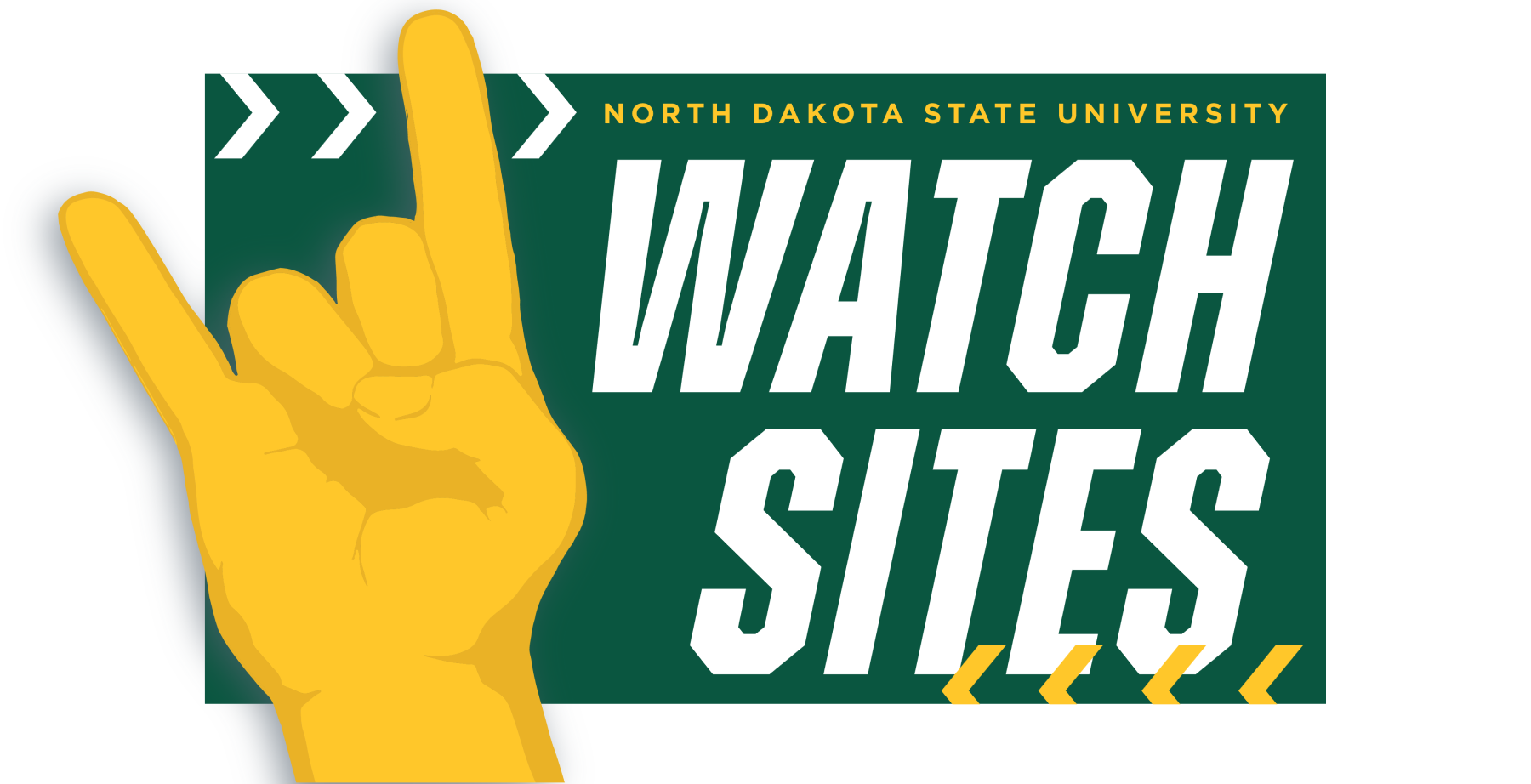In the digitally connected world of education, North Dakota State University (NDSU) students utilize Blackboard for a seamless and interactive learning experience. Integrating this platform into your daily study routine can enhance academic success by providing structured access to course materials, improving communication with faculty, and organizing study tasks and deadlines. To capitalize on Blackboard’s capabilities, we offer practical advice on how to integrate it smoothly into your everyday study practices.
Starting Your Day with Blackboard
Checking Updates and Announcements
Make it a habit to begin your study session by logging into NDSU Blackboard to check for any new updates or announcements from your instructors. This ensures that you are aware of the latest information, assignment adjustments, or supplementary materials that may impact your study plans for the day.
Reviewing Your Course Outline and Objectives
Regularly revisiting your course outline and objectives on Blackboard provides direction for your daily study efforts. Understanding what topics you need to cover and what learning outcomes you aim to achieve aligns your focus and motivates you to stay on track.

Utilizing Blackboard Tools for Effective Learning
Leveraging the Calendar for Academic Planning
Blackboard’s calendar tool can be invaluable for managing your time and academic workload. Add your lecture times, study sessions, assignment deadlines, and exams to the calendar. This visual representation of your schedule helps with time management and prevents missing important deadlines.
Accessing Course Materials for Review
Blackboard’s repository of course materials—such as lectures, readings, and videos—is an essential resource for your studies. Access these materials regularly to review topics covered in class or to prepare for upcoming sessions. Supplement your notes with information from these resources to enhance your understanding of the subject matter.

Engaging with Course Content
Participating in Discussion Boards and Forums
Engage actively with your classmates by participating in discussion boards and forums on Blackboard. These platforms promote collaborative learning and provide an opportunity to discuss course content, share insights, ask questions, and receive feedback from peers and instructors.
Completing Assignments and Quizzes Online
Take advantage of Blackboard’s features for submitting assignments and completing quizzes online. These tools often provide instant feedback or grades, allowing you to gauge your understanding of the material and identify areas for improvement. Incorporate this feedback into your study routine to enhance your learning.

Integrating Study Groups and Peer Collaboration
Forming Virtual Study Groups
Blackboard’s collaborative tools enable you to form virtual study groups with your peers. Coordinate study sessions, share notes, and work on group projects through the platform. This collaborative approach to learning can solidify your understanding of course materials and keep you engaged.
Peer Assessment and Support
Use Blackboard to participate in peer assessment activities or to seek support from fellow students. This peer-to-peer interaction can offer different perspectives on course content, enhance critical thinking skills, and provide motivational support, especially during challenging periods of the academic semester.

Managing Your Progress and Feedback
Regularly Checking Grades and Instructor Feedback
To maintain a clear understanding of your academic progress, check your grades and instructor feedback through Blackboard’s My Grades feature. This habit provides insights into your performance and what actions you may need to take to improve your scores.
Reflecting on Your Learning Journey
Take time to reflect on the feedback and grades you receive. This can encourage self-awareness regarding your study habits, strengths, and weaknesses. Use this reflection to adjust your study routine and strategies to better meet your learning objectives.

Staying Organized and Proactive with Blackboard
Keeping Digital Files and Submissions Organized
Maintain organization by keeping a digital copy of your submissions and files on Blackboard. This not only serves as a backup but also allows for easy reference to past work, which can be particularly helpful when studying for cumulative exams or working on comprehensive assignments.
Proactively Seeking Help and Resources
When challenges arise, proactively seek resources and help available through Blackboard. Use the messaging feature to communicate with your instructors, or access tutoring services and other support offered through the platform. Taking initiative can prevent small issues from escalating into larger problems.
Leveraging Multimedia Resources on Blackboard
Exploring Diverse Learning Formats
Blackboard doesn’t limit learning materials to text-based content alone. Explore and utilize the multimedia resources available for your courses, including audio lectures, video tutorials, and interactive learning modules. These diverse formats cater to different learning styles, making it easier to grasp complex concepts and retain information. Set aside time in your study routine for these resources, as they can offer a refreshing break from traditional study methods and provide a deeper understanding of the subject matter.
Embracing Self-Directed Learning Opportunities
Utilizing Blackboard for Independent Study
Blackboard can be a powerful tool for self-directed learning, offering access to a wide range of materials that can enhance your knowledge base beyond the classroom. Use the platform to explore additional reading materials, case studies, and external links provided by instructors. This proactive approach to learning allows you to delve deeper into topics of interest, furthering your expertise and independence as a learner. Identify areas where you wish to expand your understanding and allocate time each week to explore these interests through the resources available on Blackboard.
Enhancing Communication and Feedback Exchange
Fostering Open Dialogue with Instructors
Maintain a steady line of communication with your instructors through Blackboard by utilizing the email and messaging features. This open dialogue is crucial for clarifying course expectations, seeking advice on assignments, and requesting feedback on your progress. Don’t hesitate to reach out with questions or concerns, as instructors appreciate engaged and proactive students. Additionally, use the platform to act on the feedback received, applying suggestions and corrections to future assignments. This iterative process of feedback and improvement plays a significant role in academic growth and skill development.
By making Blackboard an integral part of your daily study routine, you position yourself to take full advantage of the resources and structures NDSU has in place to support your academic journey. These practices can help you keep organized, stay informed, and actively engage with your coursework, leading to a more rewarding and successful college experience. Blackboard is not just a platform for accessing course materials—it’s a comprehensive tool that, when effectively integrated into your daily routine, can significantly enhance your academic performance and overall learning experience at NDSU.
